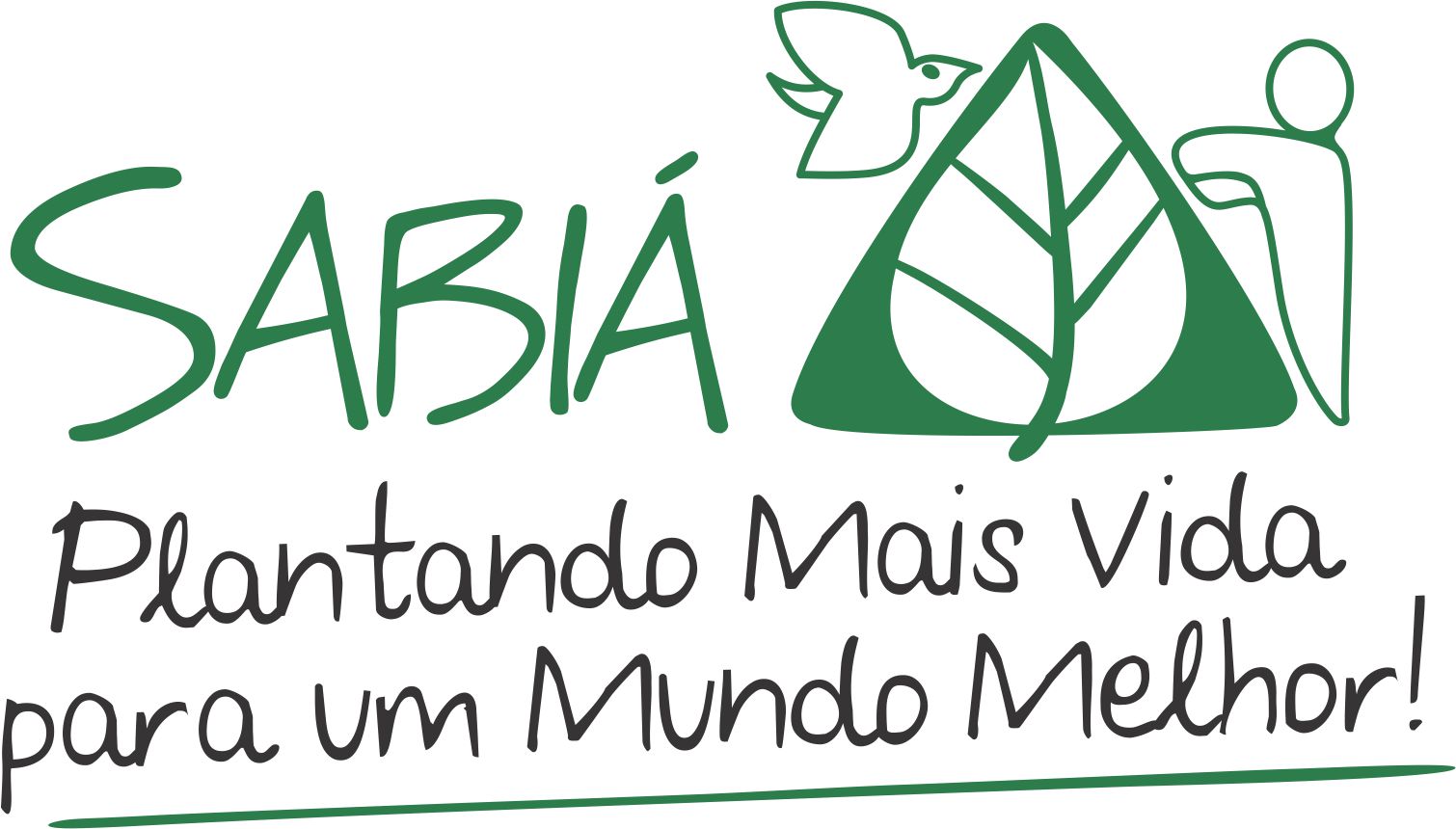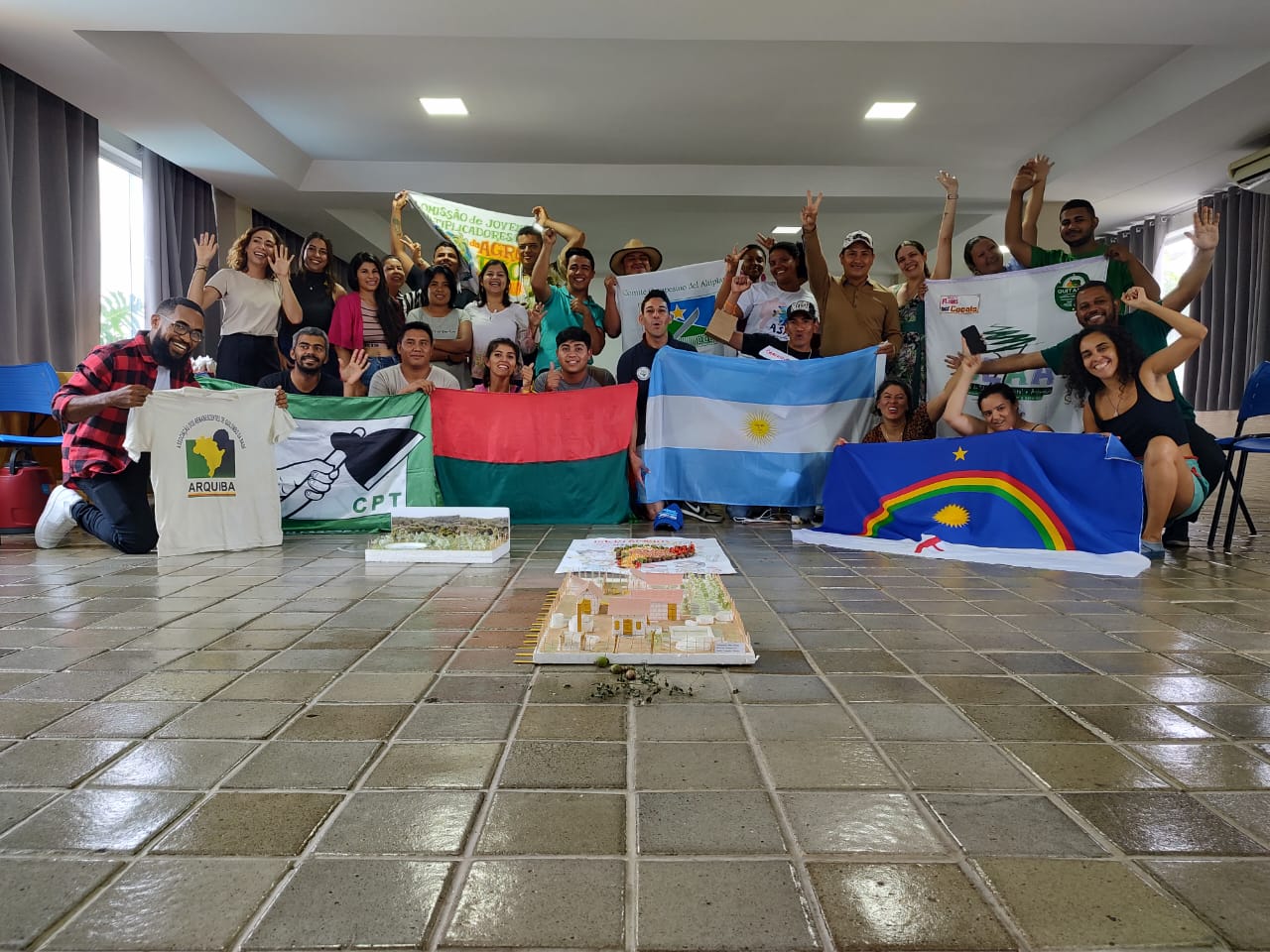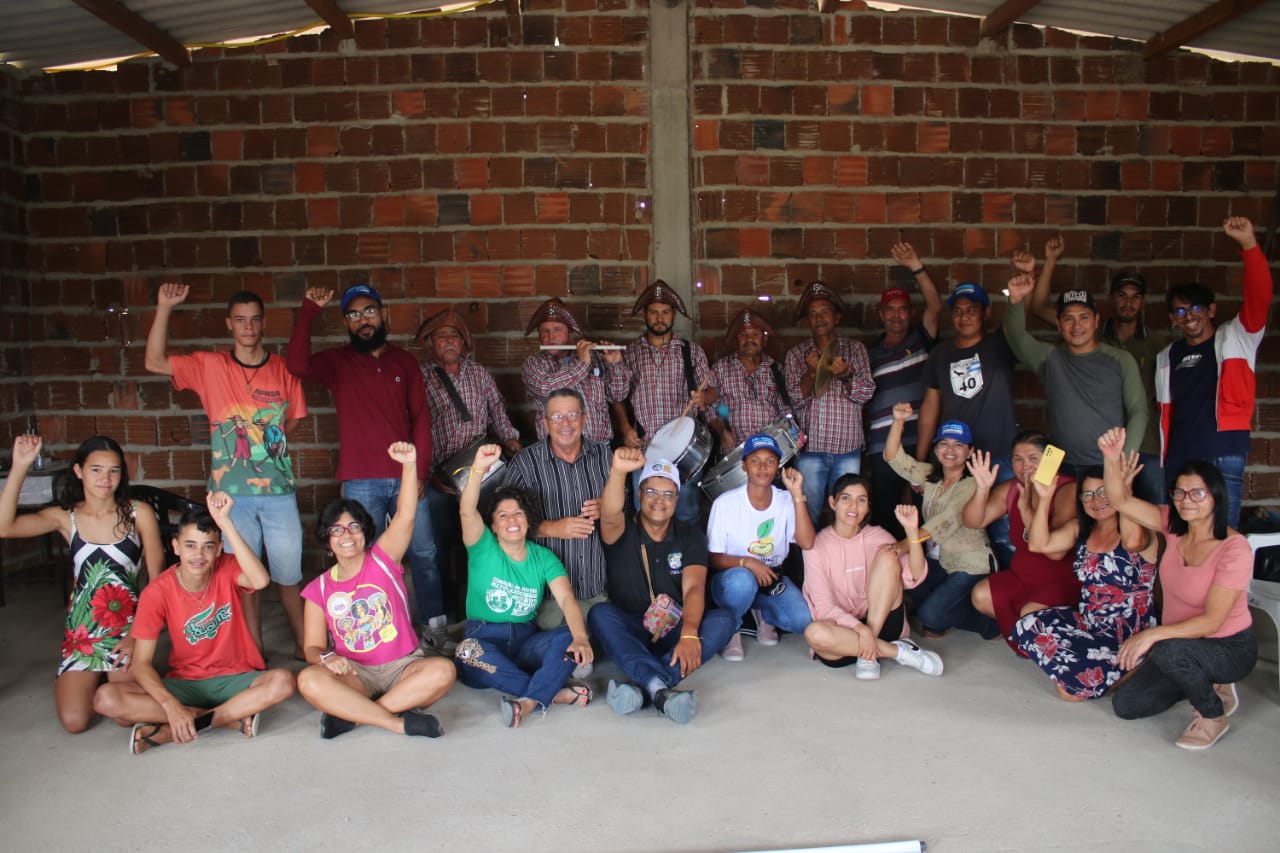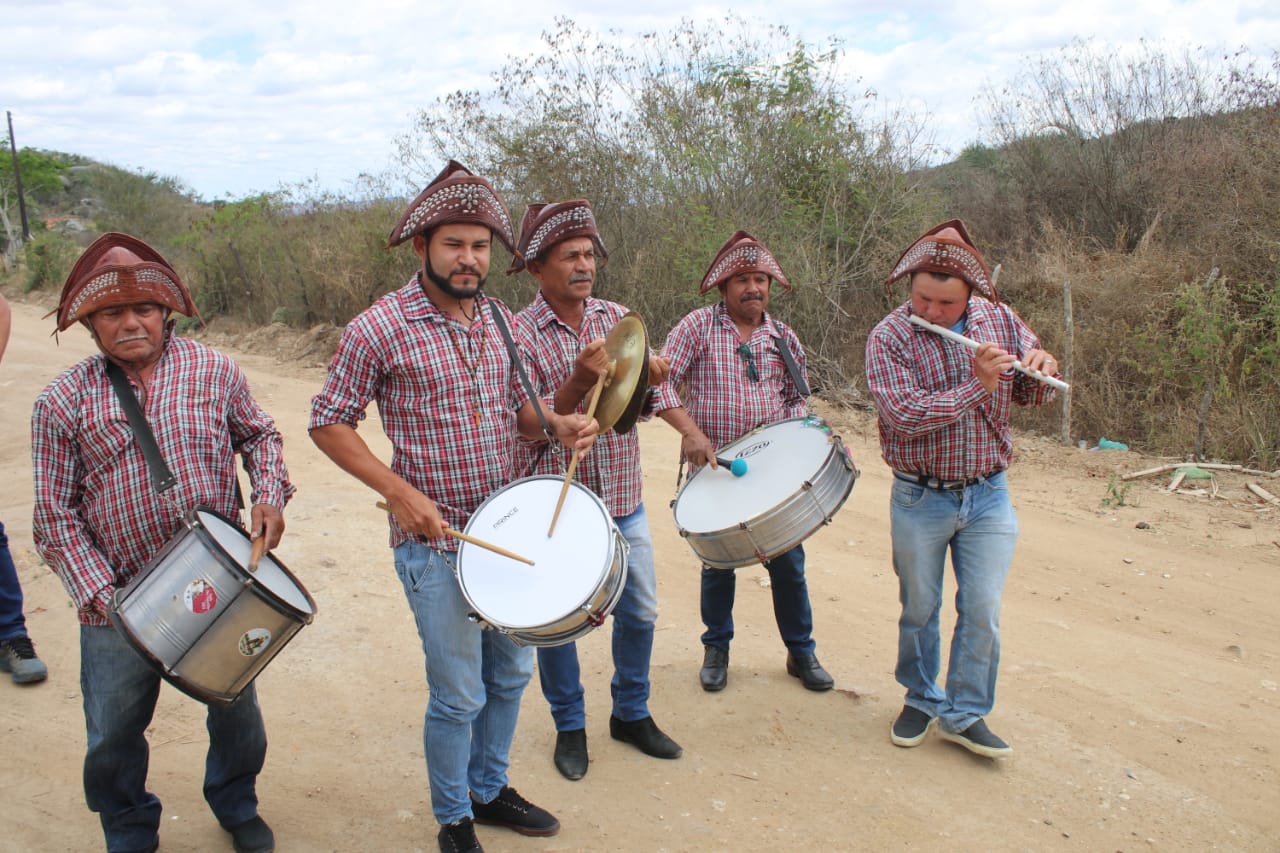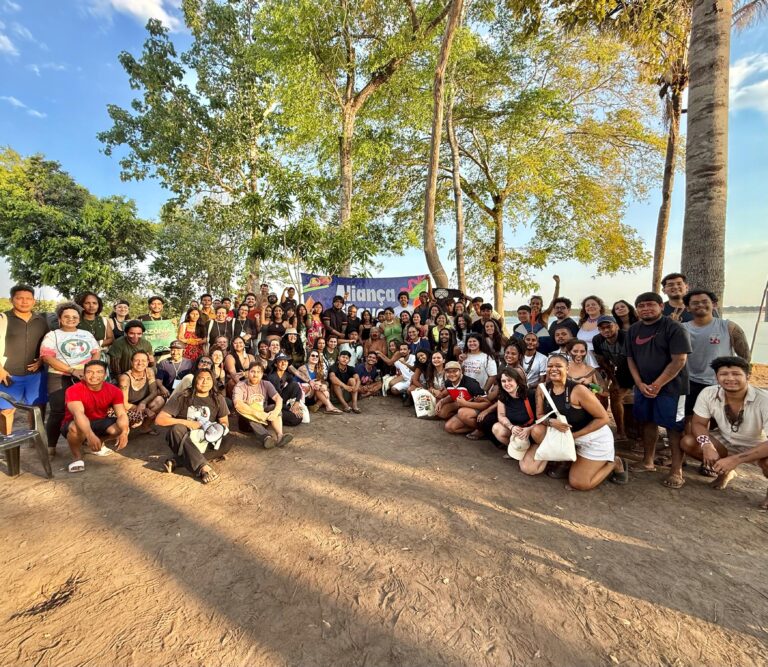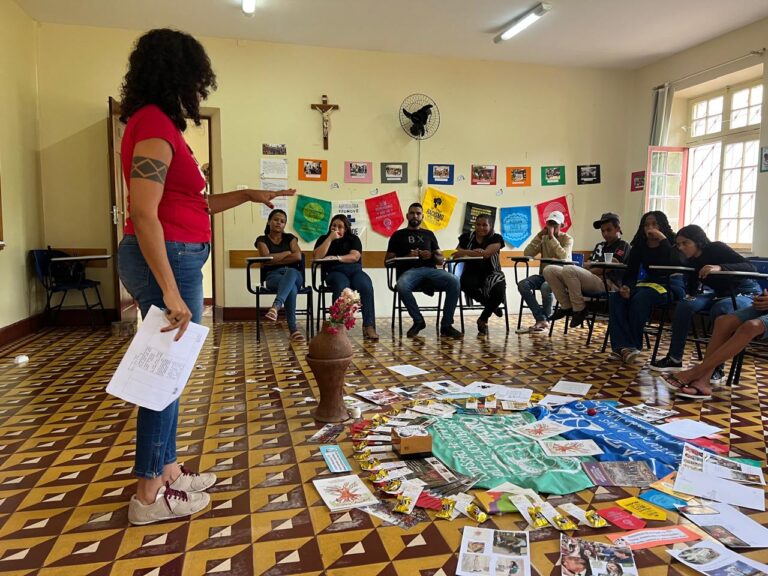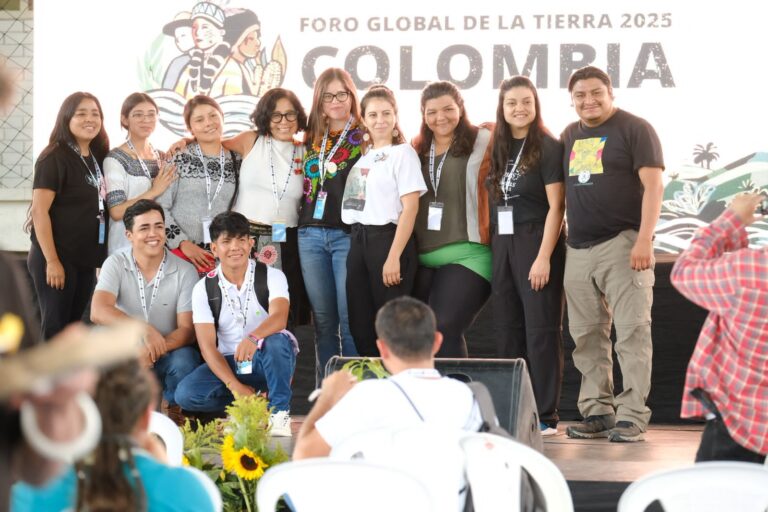It is in the Semiarid that life pulses, and in the Semiarid that young people resist!
Tatiane Faustino
Peasant farmer, Agroecology undergraduate and member of the Commission of Young Agroecology Multipliers.
From October 18 to 20, the Commission of Young Agroecology Multipliers of Pernambuco (CJMA) hosted the Exchange of Knowledge in the Semi-Arid Regions of Latin America in Caruaru-PE. The event was attended by 34 young farmers, technicians and representatives from three rural communities in the central and northern Agreste region of Pernambuco.
The exchange was the result of a partnership between DAKI, CJMA, Centro Sabiá and the communities visited. Daki is a project that aims to contribute to tackling climate change through systematization, training and exchange processes between young people from three semi-arid regions in Latin America: the Central American Dry Corridor, the Great American Chaco and the Brazilian Semi-arid. The experience was supported by IFAD and carried out in collaboration with two networks of civil society organizations active in these regions: the Brazilian Semi-Arid Articulation (ASA) and the Semi-Arid Platform of Latin America.
During the exchange, the CJMA welcomed the young people with joy, sharing knowledge, seeds, flavors and a lot of culture. The participants represented states such as Pernambuco, Alagoas, Paraíba, Sergipe, Maranhão, Ceará, Piauí, Bahia, Rio Grande do Norte and three Latin American countries: Guatemala, El Salvador and Argentina.
On October 19, three agroecological experiences led by young people were visited. Larissa Silva, from Sítio Vermelho (Vertente do Lério-PE), Josilma Bertino, Tatiane Faustino and Gildo José, from Sítio Sobrado (Jataúba-PE), and Mônica Silva, from Sítio Jurema in Cumaru-PE, shared their stories and experiences in their agroecosystems and territories.
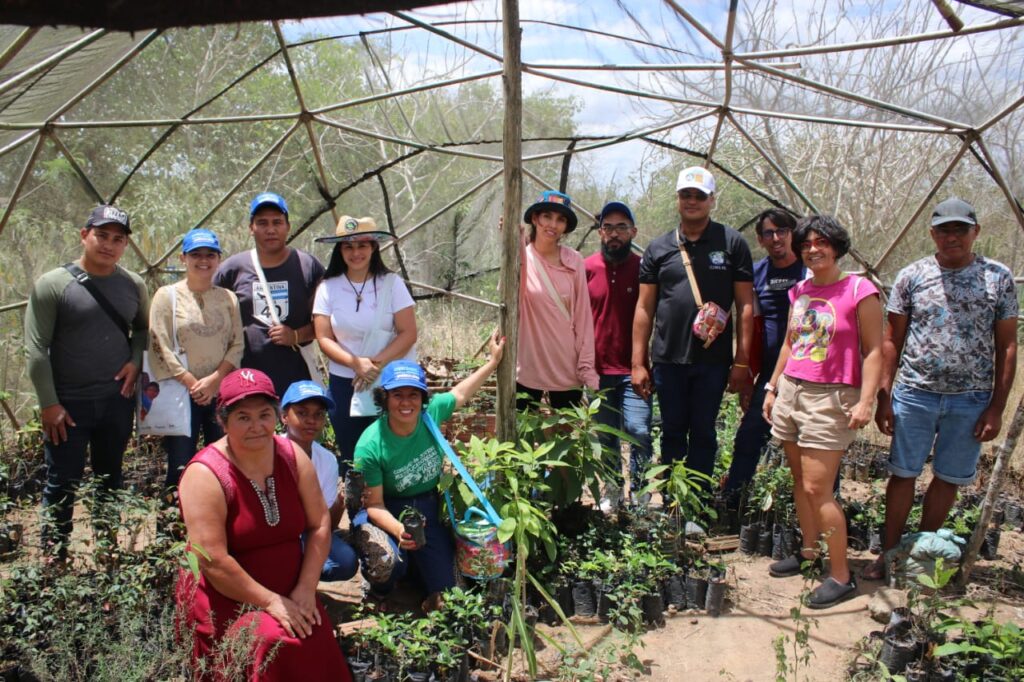
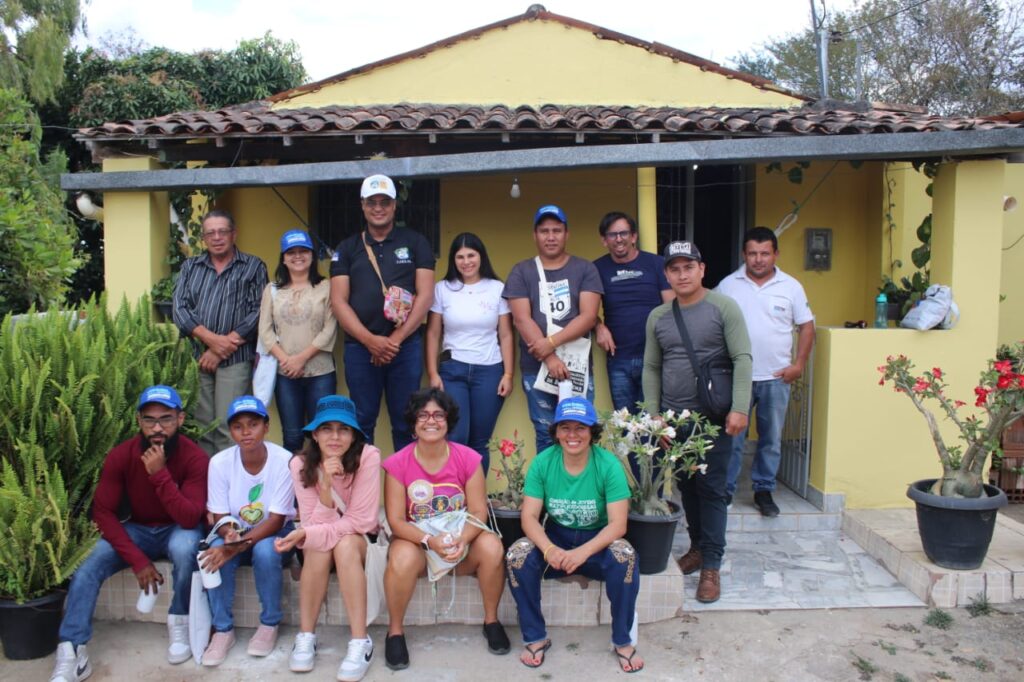
During the visit to Sítio Sobrado, we learned about practices for preserving the Caatinga Biome and the recovery of springs through agroforestry systems irrigated with gray water treated using RAC/SAF technology. In Tati and Gildo’s experience, they presented strategies for marketing food, access to solidarity loans, technologies for living with the Brazilian semi-arid region, and the production of seedlings of fruit trees, native plants, ornamental and medicinal plants.
During the visit to Mônica’s experience, the group learned about subsystems such as agroforestry, a forage plant bank for animal feed, RAC/SAF, a biodigester, animal husbandry facilities, vegetable planting, water storage technologies and the family’s seed bank.
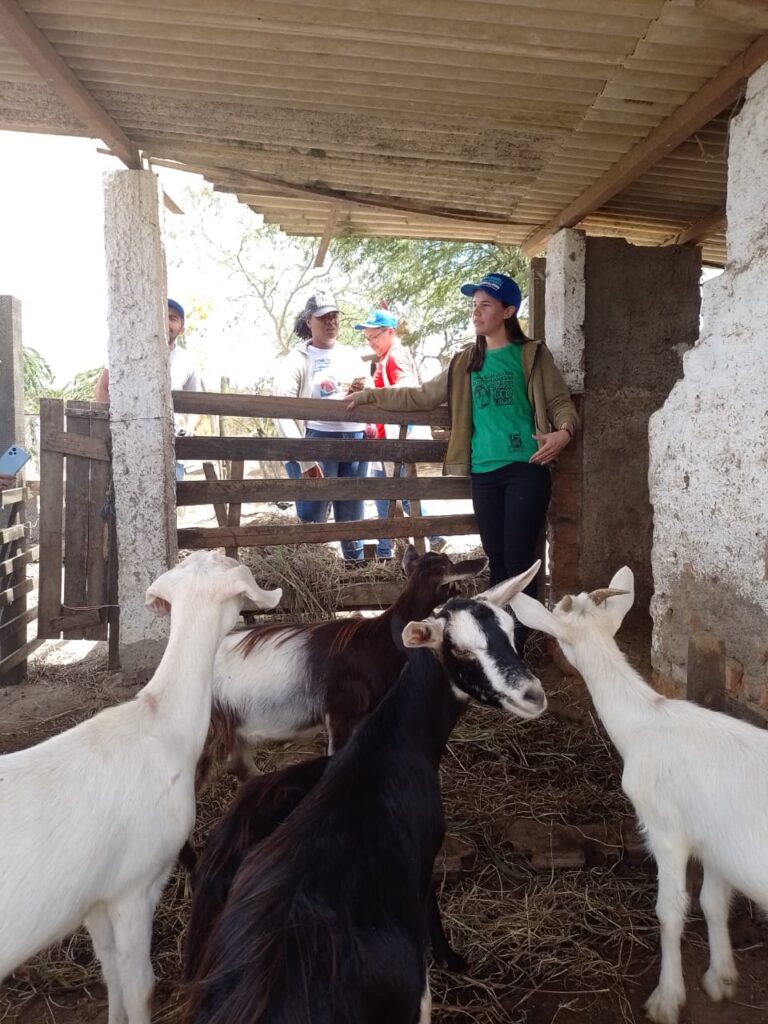
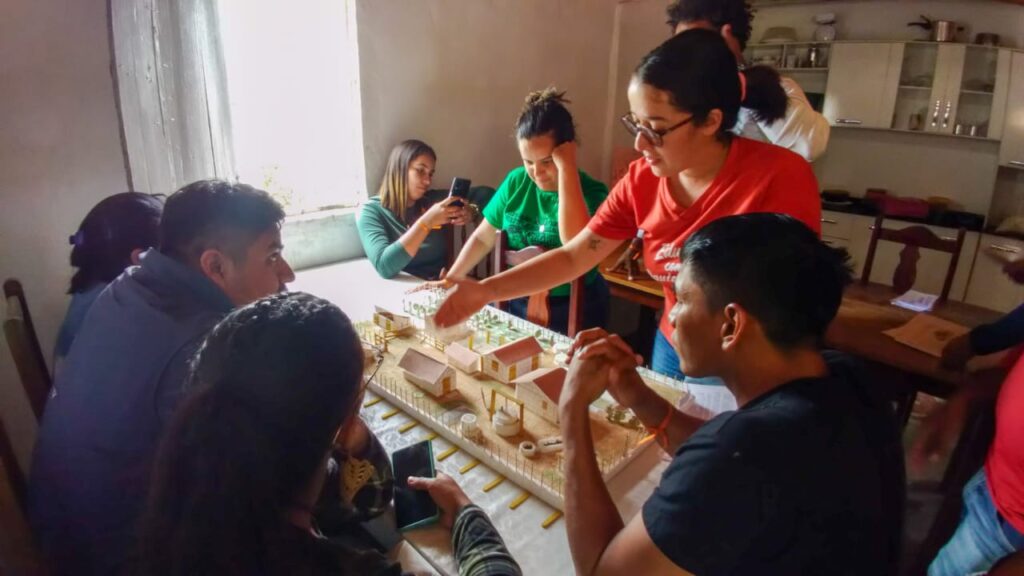
Larissa’s experience highlighted animal husbandry, solidarity practices and technologies for living in the semi-arid region, presenting facilities for raising pigs, goats, chickens, guinea fowl, turkeys and cows, as well as sharing practices for planting seedlings and palm saplings.
After the visits, there was a round of sharing about the feelings and learnings of the young people of the semi-arid region, considering what most enchanted and attracted their attention.
On the last day of the exchange, the young people wrote a Political Letter and evaluated the II Latin American Youth Caravan in the states of Pernambuco and Paraíba. The exchange ended with a mystical sending-off, celebrating the youth of the semi-arid region.
The experience of the exchange inspires the construction of the semi-arid region with and for young people, through a contextualized and systemic vision. The experiences visited inspire alternative agro-ecological practices for living in the semi-arid region, based on the knowledge and organization of the CJMA’s young people. They also show that young people have been building, practicing and sharing knowledge about farming that is resilient to climate change.
Nothing found.

